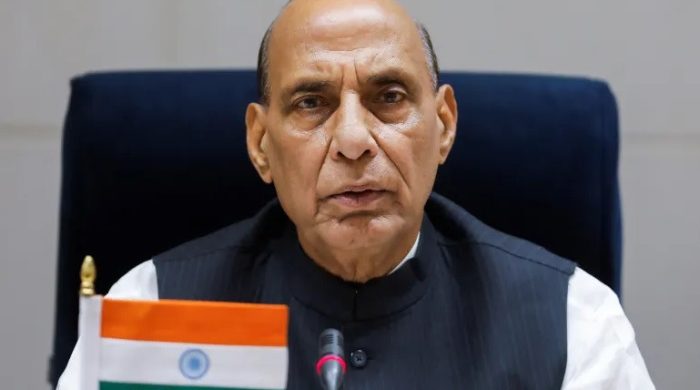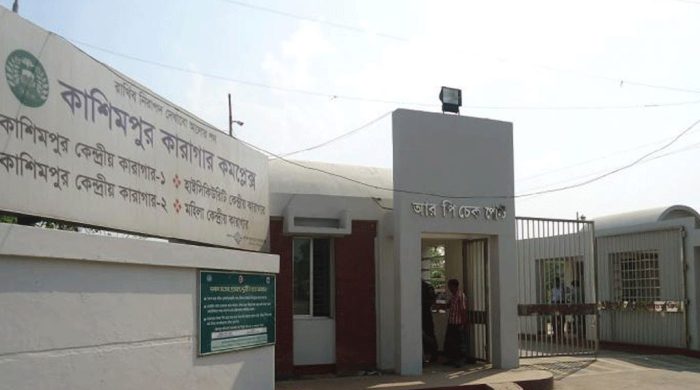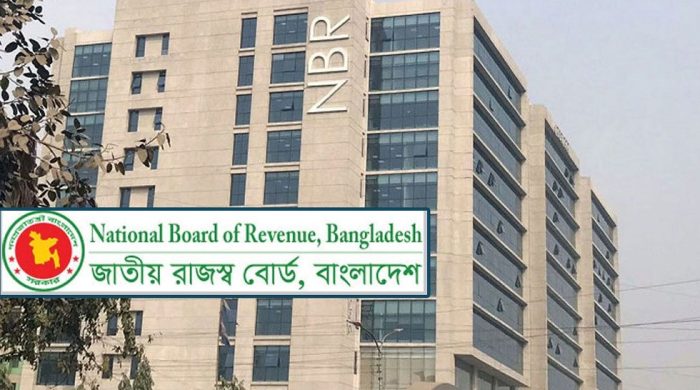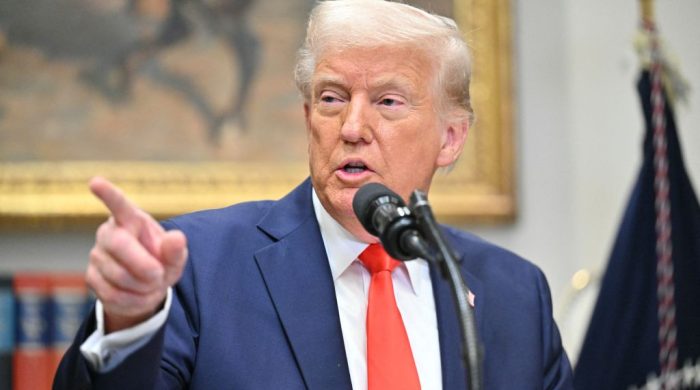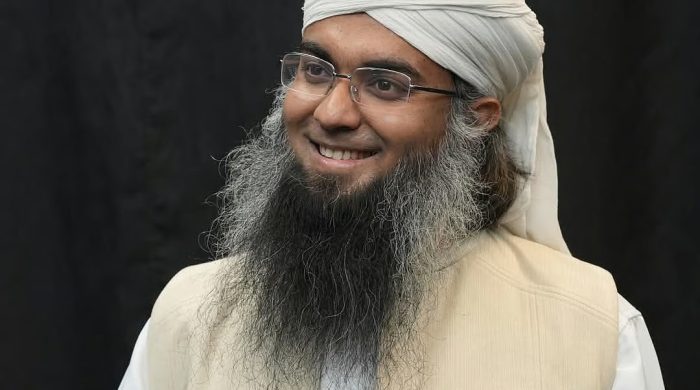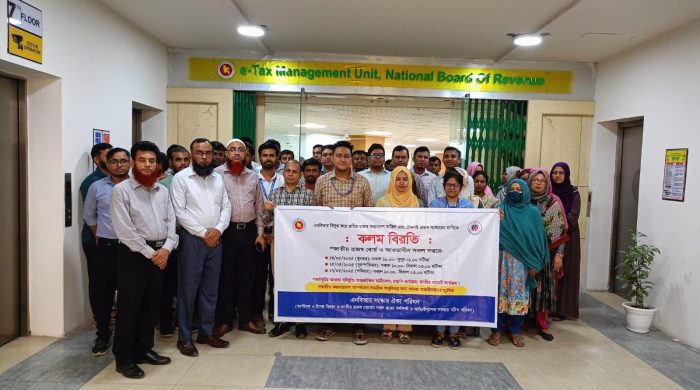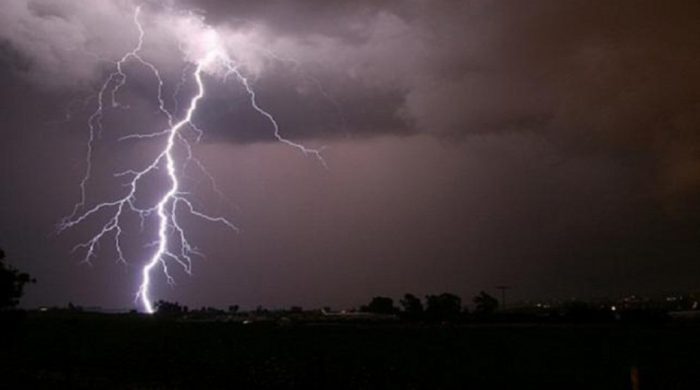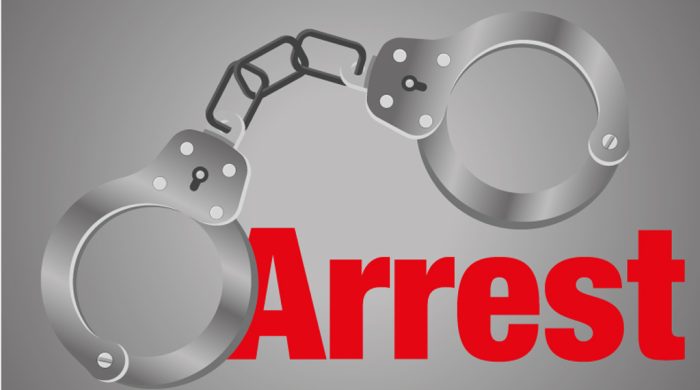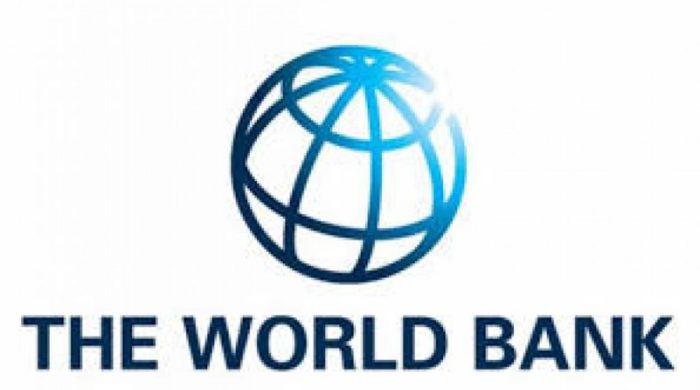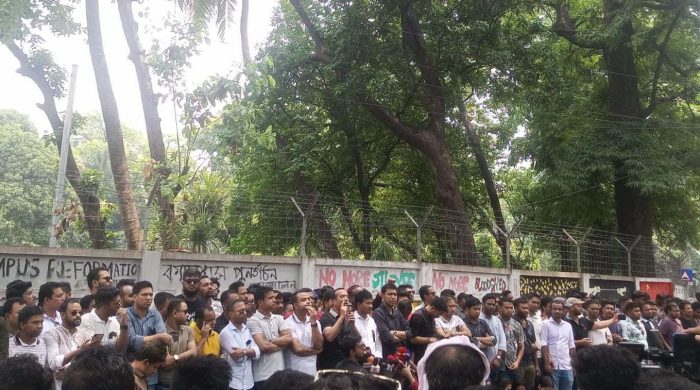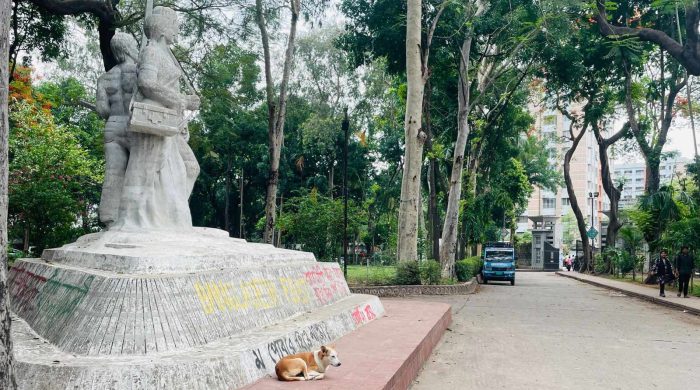Govt had better resolve prickly rights abuse issues

- Update Time : Wednesday, June 8, 2022
- 146 Time View

THE rejection by the NGO Affairs Bureau of the application of rights group Odhikar for a registration renewal, which leaves the registration cancelled, is an example of government high-handedness. The decision appears to be a device to stop Odhikar and other rights groups from documenting rights abuse and to create a fearful situation for rights activists, journalists and people having dissenting views. Odhikar was registered on March 25, 1995 as a non-governmental voluntary organisation under the Foreign Donation (Voluntary Activities) Regulation Rules 1978, now replaced with the Foreign Donation (Voluntary Activities) Regulation Act 2016. On the expiry of the registration validity on March 25, 2015, the rights group sought an extension to the registration validity for 10 more years. An NGO Affairs Bureau letter says that an intelligence agency notified the government of financial inconsistency and negative activities in three Odhikar projects regarding the Convention against Torture and Optional Protocol to the UN Convention against Torture awareness, empowering women as community rights defenders and rights research and advocacy. Odhikar, on June 5, 2014, replied to the bureau with explanations which the bureau says are ‘not acceptable.’
The government move appears to be efforts to obstruct attempts at documenting crimes against humanity. The NGO Affairs Bureau is also said to have accused Odhikar of having been engaged in activities that tarnished Bangladesh’s image to the outside world. The United States treasury department in early December 2021 imposed sanctions on seven serving and former officials of the Rapid Action Battalion and the agency on allegations of their involvement in gross human rights violations in Bangladesh. The US state department in its 2021 Country Reports on Human Rights Practices in April also levelled allegations that Bangladesh security forces have enjoyed widespread impunity after committing rights abuse as the government took ‘few measures to investigate and prosecute cases of corruption and abuse and killing by security forces.’ In both the instances, the government’s reaction was that of a denial. Human Rights Watch South Asia has, in this regard, said that instead of addressing serious human rights violations, the government of Bangladesh ‘revokes registration’ of the internationally known group Odhikar and accuses it of ‘“misleading” information on disappearances and extrajudicial killings, violations that led to US sanctions against security forces.’ The government appears to be failing to understand that it is the rights abuse that government agencies are said to have committed that tarnishes the image of Bangladesh. And documenting incidents of rights abuse, which is of paramount importance in effectively dealing with such incidents and in holding to account people and entities, state or non-state, responsible for such crimes, should in no way be considered a crime.
On having realised the difference between the commission and the documentation of the crimes, the government must, rather, take actions against the people and entities that commit such crimes and not against the people and entities that document such crimes in furtherance of a democratic government.








